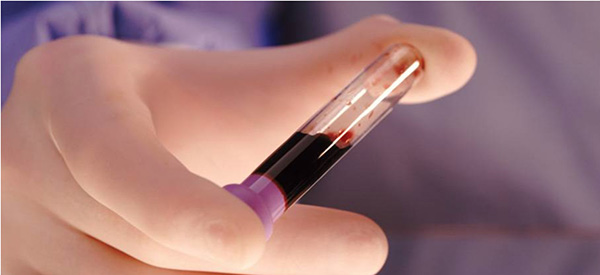New Efforts Towards “Gene Doping” in Horses Thwarted
Many people administer medications to horses for the purpose of improving performance, even when the medications are forbidden by governing bodies.
“Clear guidelines exist regarding the humane treatment of horses in all sectors of the equine industry, including racing and breeding. Nonetheless, doping control still needs to be implemented to ensure these guidelines are being followed and to ensure fair wagering and animal management,” explained Laura Petroski-Rose, B.V.M.S, a Kentucky Equine Research veterinarian.
Examples of such doping control strategies include pre- and post-competition urine and blood testing.
Recently, a process called “gene doping” has come to light*. This illegal and unethical, yet scientifically remarkable, process involves injecting horses with small pieces of genetic material, referred to as “transgenes,” which have been linked to athletic performance. Once these transgenes have been injected, they integrate into the horse’s own DNA, presumably giving the horses an athletic advantage.
Scientists from the Laboratory of Racing Chemistry in Japan have already identified this novel form of doping and have begun developing tests to identify doped horses.
“Leave genetic modification to the experts, and use this powerful tool to benefit, and not harm, the industry,” recommended Petroski-Rose. “A better way to ensure maximal performance is through nutrition.”
Top-level competitors rely on products formulated by Kentucky Equine Research and nutrition advisors to tailor each horse’s dietary needs to meet its physical demands. Kentucky Equine Research also offers many nutritional supplements to help athletic horses recovery following training and competition.
Contact a Kentucky Equine Research nutrition advisor to have your horse’s diet analyzed and find out more about scientifically formulated nutritional supplements.
*Tozaki, T., S. Gamo, M. Takasu, et al. 2018. Digital PCR detection of plasmid DNA administered to the skeletal muscle of a microminipig: A model case study for gene doping detection. BMC Research Notes. 11(1):708.
Article reprinted courtesy of Kentucky Equine Research (KER). Visit equinews.com for the latest in equine nutrition and management, and subscribe to The Weekly Feed to receive these articles directly (equinews.com/newsletters).











